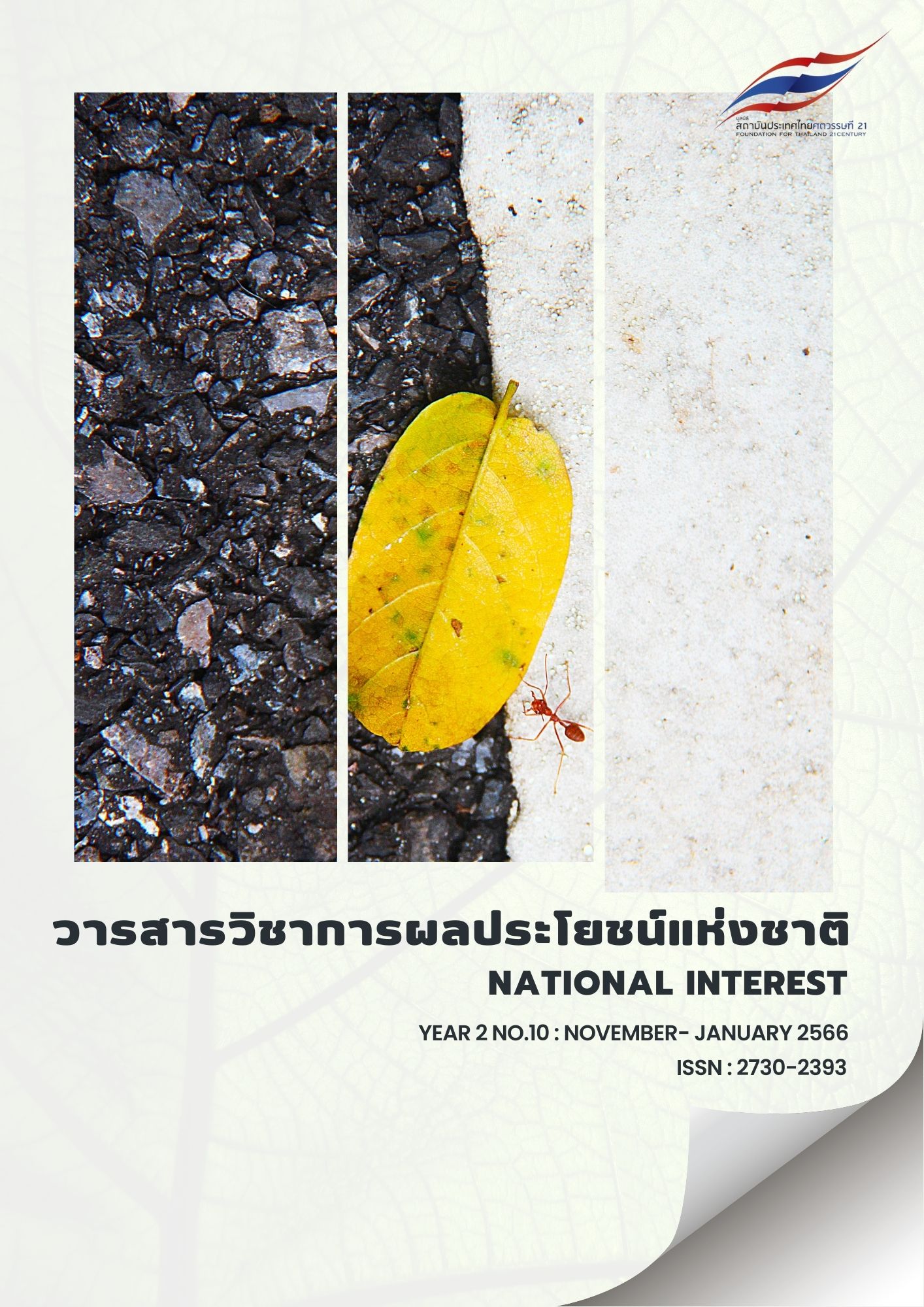The complexity of integrating democratic values and societal security through the process of timely intervention: empirical analysis and projection of North Macedonia
Main Article Content
Abstract
The promotion of democratic values, societal security through the actualization of the securitization process, is inevitable through the applicability of early warning methods. All of this is particularly evident when the focus is on national interests, as opposed to state capacities.
The building of a stable and democratic state is correlated with establishing cooperation between the local and state authorities, and more specifically, finding an appropriate way to understand security social challenges and segmentation of the public with the aim of transparent representation and achieving the realization of the so-called "mini publics" concept.
Within the framework of this scientific paper, an empirical framework of quantitative research has been implemented in order to perform a relevant presentation of the situation in the Republic of North Macedonia, from the perspective of: (1) implementation of programs for involving the public at the local level in the so-called mini publics; (2) the existence of a strategy between the local and state authorities for targeting the challenges of the domestic societal framework; with the aim of a real and effective insight into the priorities and needs of the societal security. In addition, a method of descriptive analysis is used to interpret the obtained data.
Article Details

This work is licensed under a Creative Commons Attribution-NonCommercial-NoDerivatives 4.0 International License.
National Interest Academic Journal under Creative Commons Attribution-NonCommercial-NoDerivatives 4.0 International License The journal allows access or distribution of academic work without charge or registration. To support the exchange of knowledge Scope covers academic work in geopolitics. Geoeconomics and Innovation
Users can share, copy and distribute all information published in National Interest Academic Journal in any form or medium subject to the following conditions:
Citation — Permission to use, reproduce, distribute, or modify the work. But credit must be given to the owner of the work. If the work is used without credit, the name of the owner of the work will be Must obtain permission from the owner of the work first.
Noncommercial — The work may be used, reproduced, distributed, or modified. However, the work or article may not be used for commercial purposes.
Cannot be modified — The work may be used, reproduced, and distributed. But do not modify the work. unless permission is received from the owner of the work first
References
Adelman, H. (1998). Defining Humanitarian Early Warning. S. Schmeidl and H. Adelman (eds), Early Warning and Early Response. Columbian International Affairs Online.
Aradau, C. (2004). Security and the Democratic Scene: Desecuritization and Emancipation. Journal of International Relations and Development, 7(4), 388-413.
Adeel, A., Kassinis, E. V. (1998). The Humanitarian Early Warning System: from Concept to Practice. J. L. Davies and T. R. Gurr (eds), Preventive Measures: Building Risk Assessment and Crisis Early Warning System. Lanham: Rowman and Littlefield.
Bigo, D. (2002). Security and Immigration: Towards a Critique of the Governmentality of Unease. Alternatives 27 (Special Issue), 63-92.
Clarke, J. I. (1972). Population Geography. Second edition. Oxford: Pregamon Press.
Chandna, R. C. (1998). Population. New Delhi: Kayani Publishers.
Davies, J. A. (2008). Clashing Civilizations or Conflicting Interests? Geopolitics, 13.
Graham, D. T., Poky, N. K. (2000). Migration globalization and human security. London: Routledge International Migration Law. Glossary on Migration. Geneva
Grodach, C., Silver, D. (2013). The politics of urban cultural policy. Global perspectives London, UK: Routledge.
Guzzini, S. (2011). Securitization as a causal mechanism. In: Security Dialogue, 42(4-5), 329-341.
Hansen, L. (2000). The Little Mermaid’s silent security dilemma and the absence of gender in Copenhagen. Millennium, 29(2), 289–386
Hansen, L. (2012). Reconstructing desecuritization: the normative-political in the Copenhagen School and directions for how to apply it. Review of International Studies, 38(3), 525–546.
Knudsen, O. F. (2001). Post Copenhagen Security Studies: Desecuritizing Securitization. Security Dialogue, 32(3), 355-68.
Walsh, B. (2020). Revisiting Regional Security Complex Theory in Africa: Museveni’s Uganda and Regional Security in East Africa. African Security, 13(4), 300-324. https://www.tandfonline.com/doi/full/10.1080/19392206.2021.1873507


